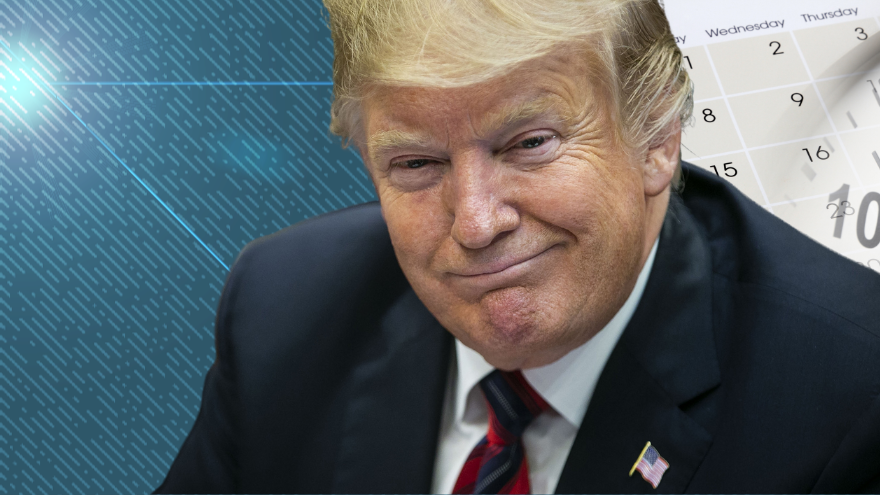The following states are holding primary elections on March 5:Super Tuesday is on March 5, which is the day that the largest number of U.S. states will be holding presidential primaries or caucuses.
Two states, Alaska and Utah (Republican caucus), are holding caucuses. There are 874 Republican delegates up for grabs on Super Tuesday, out of a total 2,429 delegates. Republican presidential candidates must win at least 1,215 delegates in order to secure the party’s nomination. Currently, former President Donald Trump, widely expected to be the eventual nominee, has 247 delegates. Challenger Nikki Haley currently has 24 delegates. Florida Gov. Ron DeSantis, who has exited the race but is suspected to be running a shadow campaign, has earned nine delegates. Roughly a third of Democratic delegates (1,420) will be awarded on Super Tuesday. In order to win the Democratic presidential nomination, a candidate would need to secure 1,968 delegates. So far, President Joe Biden has received 206 delegates. While there are multiple Democratic challengers in the race, none have posed a serious challenge to Biden, whose allies within his party have circled the wagons to help propel him to victory. Last week, Haley signaled that she might potentially drop out of the race depending on the outcome of Super Tuesday results. “We’re going to keep going all the way through Super Tuesday,” Haley told reporters after casting her vote in the South Carolina primary. “That’s as far as I’ve thought in terms of going forward.” As of March 4, Trump is defeating Haley in every single poll captured by the Real Clear Politics polling average, holding leads as high as 71 points. Other races and issues will take center stage on Super Tuesday as well, including a mental health services bond measure in California, several key state-level contests in North Carolina, and numerous House and Senate races in Texas.

